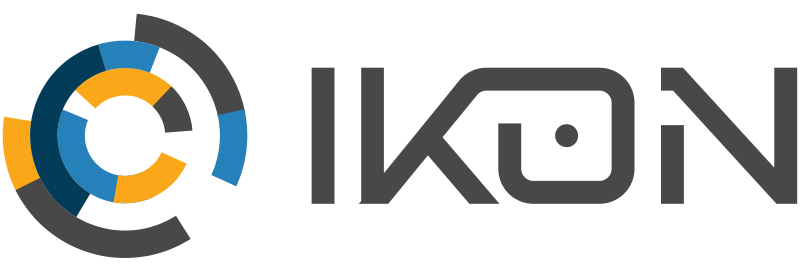According to CIO.com, digital transformation is “application of digital capabilities to processes, products, and assets to improve efficiency, enhance customer value, manage risk, and uncover new monetization opportunities.”While the operations of large enterprises have long been in line with this, it is still true that a plethora of small and medium-sized businesses are still lagging far behind in the digitalization process. In many cases, endless rows of Excel spreadsheets, Windows XP-optimized billing programs, piles of folders and paperwork can be quite time-wasting or can even hold a company back from evolving and realizing its true potential.
Small and medium-sized enterprises are in a more difficult position when it comes to digitalization and technological change, especially if this would require a major investment. For this reason, and in many cases out of a fear of sticking to traditional methods, they are understandably reluctant to embark on a major and comprehensive digital investment, as it will undoubtedly require a greater investment, and many may ask the question: does the company need it?
Perhaps there is still an assumption that only large companies with sizeable manufacturing, distribution and accounting departments need a unified system that brings it all together and makes it all comprehensive, where all the data can be easily found and tracked. But this is far from true, especially when digitization is not just about buying Microsoft Dynamics or SAP. For a smaller company, a digital tool such as an ERP system can be a significant efficiency booster; it speeds up administrative tasks, reduces the need for human resources, integrates accounting, invoicing and administrative tasks related to company operations - often outsourced and therefore inherently difficult to understand in smaller companies - into one interface, and presents all this in a modern, unified interface with authorization levels, where all employees can see their tasks much more efficiently.
One of the most striking features of ERP systems, and of unified digitization more broadly, is that they drastically reduce the number of errors caused by administrative documentation and management by people, whether on paper or in Excel. Every human being makes mistakes, so it is inevitable, and it is not even possible to expect a human being to keep complete and complex processes in their head perfectly and with all the details, so often important company paperwork and orders get mixed up, which can lead to data loss and loss of revenue.
Rather than expecting employees with partial knowledge to manage data perfectly and without error, it is much simpler and more realistic to invest in software that takes over at least part of the "database task" from employees, avoiding natural "human errors" and providing a consistent, fast, customizable environment. We've written a lot about how much Apple's products can make a difference to efficient working. This is a universal truth, because the more standardized a process is, the easier it is to see through and just use.
In contrast to out-of-the-shelf products, custom-built software also serves the needs of a smaller company even better by offering a solution for the processes that are relevant to the company, so you don't have to pay for modules you don't need. At the same time, small and medium-sized start-up companies are the ones that can grow at the fastest pace, so they can always request new modules, enhancements, customized and personalized solutions.
Of course, many employees, especially more experienced ones, find it more difficult to adapt to a new, fully digital system and to let go of the tools they have been used to for decades, so it is not all the same how user-friendly the solution is and the time needed to "train" colleagues to learn how to use the system. However, this is a onetime cost, and the benefits of the system will quickly pay for themselves. And IKON ERP leads the way with its user-friendly and easy-to-understand interface. Our team pays close attention to the specific needs of our customers, to understanding and solving their problems, and to ensuring that the ERP user experience is seamless, practical and efficient.
Overall, digitalization is inevitable in today's business world, and not just in IT. That is not the issue. The question is what system and software to choose to digitize your business. In the sea of ERP systems, IKON ERP is a truly unique, cost-friendly and quickly developable system, optimized for the Hungarian legal and tax environment, which creates a single digital environment for medium-sized businesses at a much lower price and with greater efficiency than the big vendors' out-of-the-shelf products, which can bring a turning point in the success of the business.


